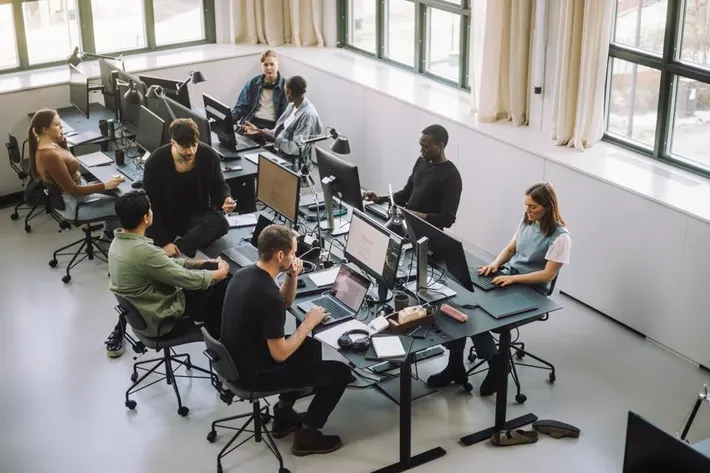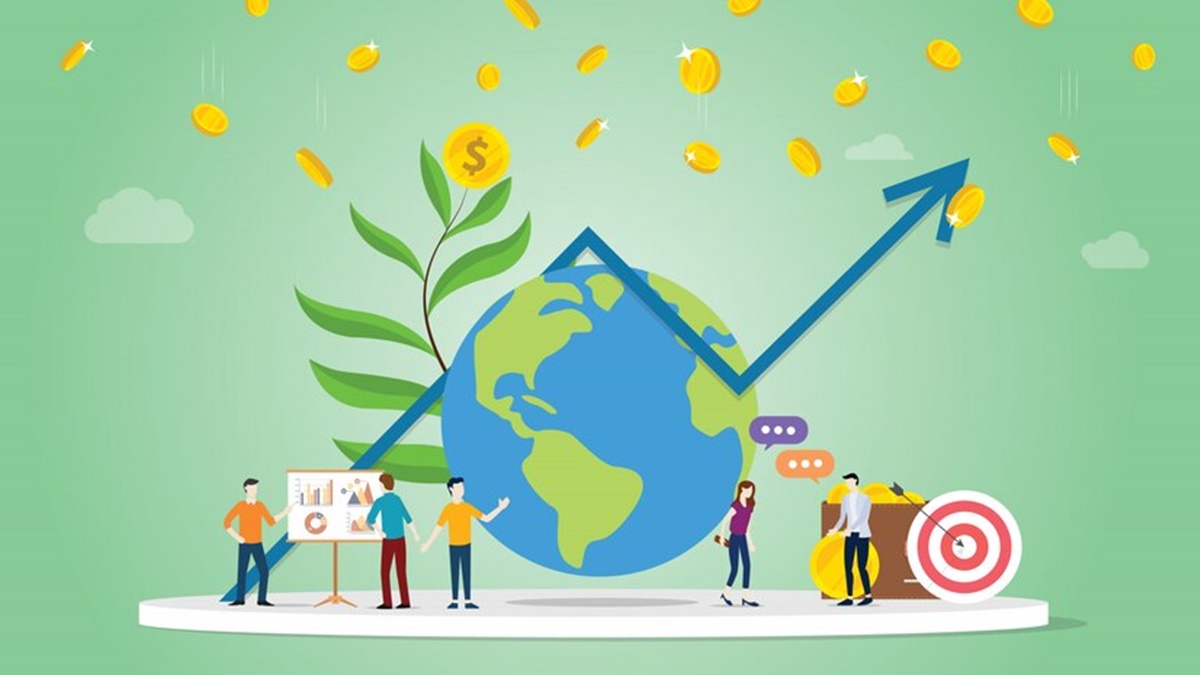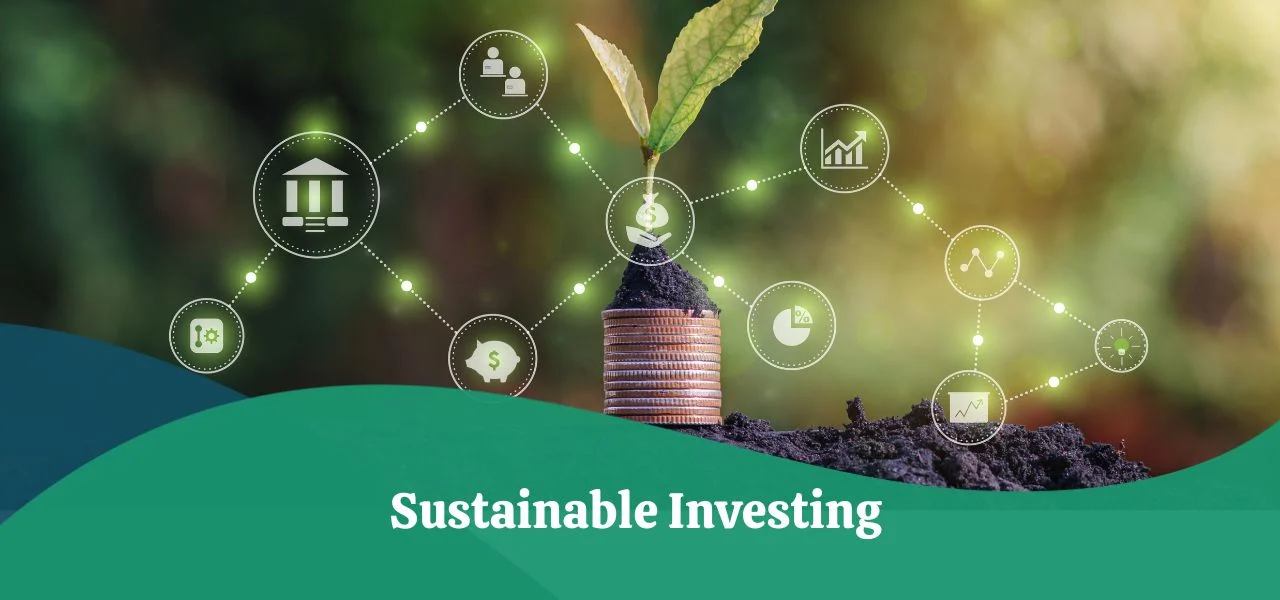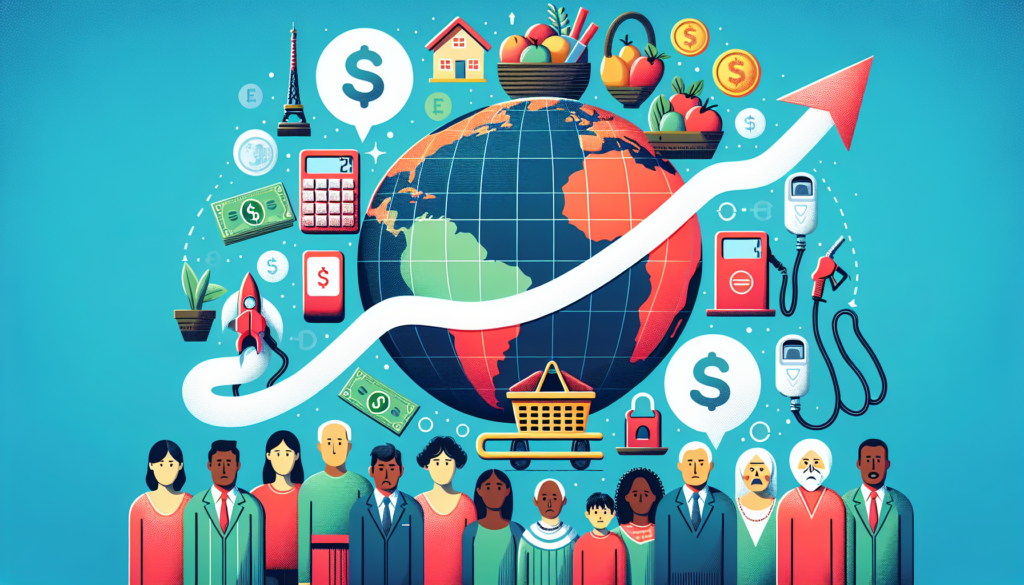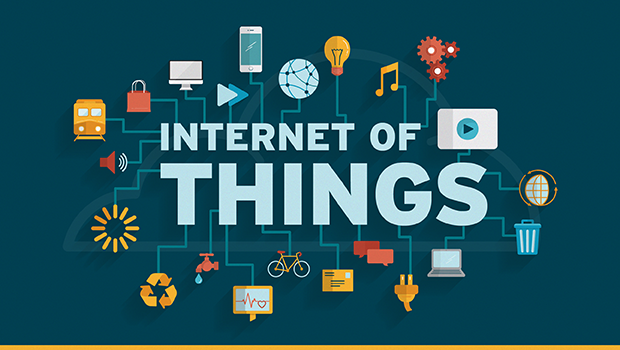Work has always evolved with technology—from the steam engine to the internet—but the pace of change today is unlike anything we’ve seen before. Innovation is not just transforming what we do, but how, where, and when we do it. Across industries, smart tools and digital solutions are redefining the modern workplace, often in real time.
The Remote Revolution
Perhaps the most visible shift has been the rise of remote work. Sparked by necessity during the COVID-19 pandemic, remote work is now a permanent fixture for many companies. Innovations in video conferencing, project management, and virtual collaboration have made it easier than ever to work from virtually anywhere. Tools like Zoom, Slack, and Microsoft Teams help bridge the distance between colleagues, allowing teams to stay connected whether they’re across the city or across the world.
This change has also sparked a rethinking of work-life balance. Flexible schedules, digital nomadism, and hybrid office setups are becoming more common, giving workers greater control over how they structure their day.
Automation and AI in the Workplace
Artificial intelligence and automation are doing more than just replacing repetitive tasks—they’re enhancing productivity and enabling smarter decision-making. AI-powered chatbots handle customer service inquiries in seconds. Algorithms can scan massive data sets to spot trends or risks far faster than a human could. In fields like finance, healthcare, and logistics, AI is becoming a trusted assistant rather than a job stealer.
Even creative fields aren’t untouched. Tools like ChatGPT, image generators, and smart design software help content creators, marketers, and designers streamline their work or generate new ideas.
The Rise of the Gig and Freelance Economy
Innovation has also fueled the growth of the gig economy. Platforms like Uber, Fiverr, and Upwork allow people to offer services on demand, from driving to digital marketing. For some, it’s a side hustle; for others, it’s a full career path.
These platforms make it easier for individuals to monetize their skills and connect with clients worldwide. While gig work offers flexibility, it also challenges traditional notions of job security and benefits—issues still being debated and legislated.
Smart Workspaces and Digital Tools
Offices themselves are getting smarter. Digital whiteboards, voice-activated assistants, and energy-efficient buildings are changing the physical workspace. Meanwhile, cloud-based tools allow for seamless file sharing and real-time collaboration, removing the need for cluttered desks and paper-heavy processes.
Even recruitment and training have gone digital. AI is helping companies screen résumés, while virtual reality (VR) and augmented reality (AR) are being used to train employees in complex environments like manufacturing or healthcare.
Challenges and Considerations
With all this progress come new questions. How do we ensure data privacy? What happens to workers displaced by automation? How do we maintain human connection in a digital-first environment?
Leaders are now faced with finding the right balance—embracing innovation while ensuring ethical use, employee well-being, and fair opportunity.
Looking Ahead
The workplace of the future will be defined by adaptability. New technologies will continue to emerge, changing the rules and resetting expectations. But one thing remains constant: innovation, when used wisely, can empower people to work smarter, collaborate better, and achieve more than ever before.
In the end, the most important innovation may not be the technology itself, but how we choose to use it.
